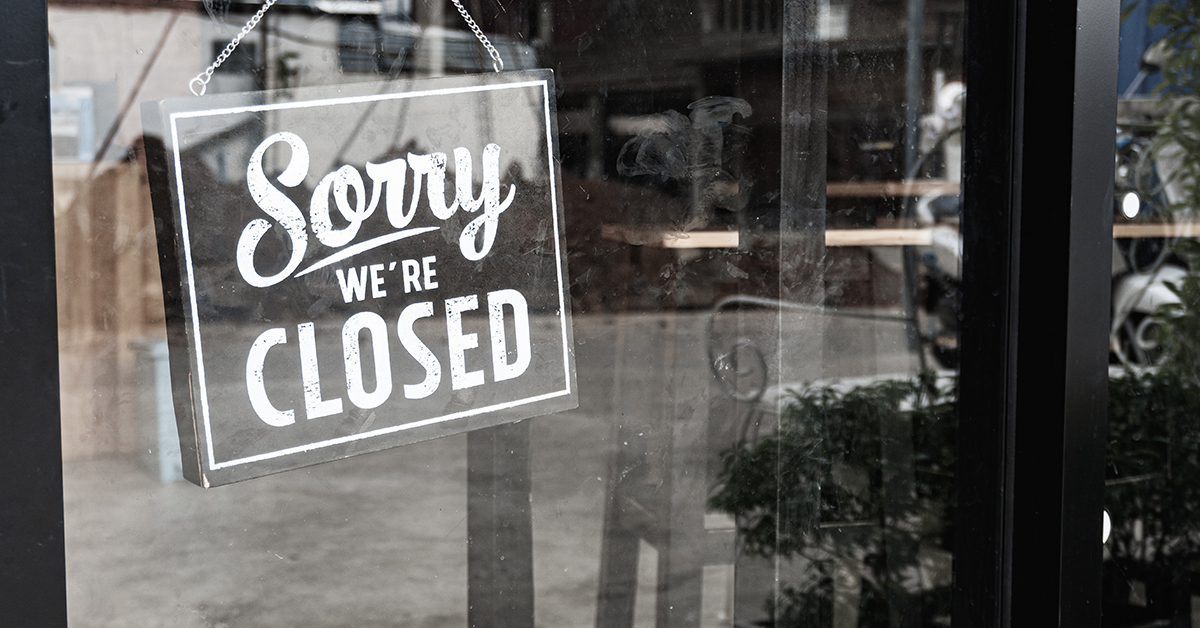 Your association board closed the clubhouse, the pool, the gym and the tennis courts due to the Covid-19 pandemic. But one of your neighbors, who has been diagnosed with disease, refuses to stay home and self-quarantine. How do you keep your neighbor from mingling with other residents?
Your association board closed the clubhouse, the pool, the gym and the tennis courts due to the Covid-19 pandemic. But one of your neighbors, who has been diagnosed with disease, refuses to stay home and self-quarantine. How do you keep your neighbor from mingling with other residents?
In 2008, the legislature granted associations “emergency powers” that, unless specifically prohibited by the declaration, the articles, or the bylaws of an association, enable it to protect the health, safety, and welfare of the association, the unit owners, and the unit owners’ family members, tenants, guests, agents, or invitees, pursuant to Sections 718.1265 and 720.316, of the Florida Statutes. Although these statutory powers were previously invoked to provide boards with the means to respond to a typical casualty, like a hurricane, these powers were triggered when Governor DeSantis declared a state of emergency on March 9, 2020, pursuant to Section 252.36 of the Florida Statutes, due to the COVID-19 virus.
In addition, many declarations prohibit conduct by owners that is an annoyance or nuisance to their neighbors. In this instance, the nuisance is an actual threat to the health and safety of the residents. As such, board members have a duty to act in the interests of the residents and that will require a balance between taking appropriate protective measures and protecting the rights of the residents to use their units and the rest of the property.
Both the Condominium Act and the Homeowners Association Act empower associations to file suit to enforce the provisions of the Acts and declarations. If a diagnosed owner refuses to self-quarantine, the association should consult with counsel and consider all available remedies to protect the other residents and the staff, including seeking emergency injunctive relief from a court that directs the owner to self-quarantine.